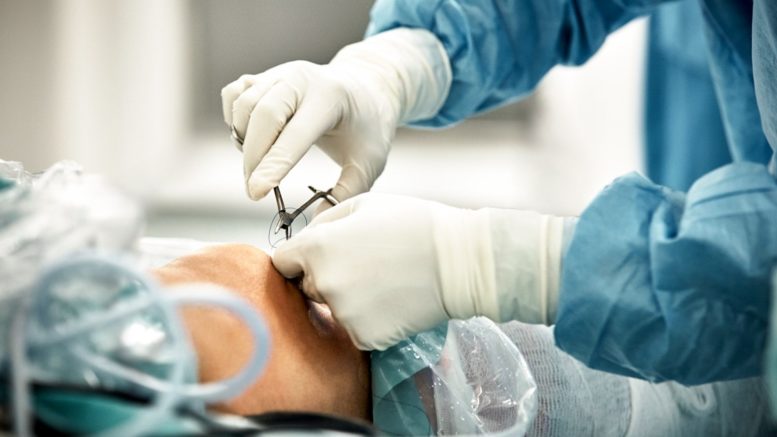Have you recently gone through a surgical procedure? You might want to read this article to ensure that your recovery phase is hassle-free and doesn’t worsen the situation.
You may have gone for knee-replacement surgery if you are an elderly struggling with locomotion. You may have gone for an appendix surgery or an excision. Whatever your surgery type was, there are a few broad things that you should take care of.
You must know that 1 in every 10 Australians has to redo the whole surgery simply because their post-surgery care wasn’t efficient enough? They have to come back for some of the other treatment as a result of mishandling and injuries after the surgery.
This is how you can ensure your life post-surgery is convenient and safe:
Get the right equipment:
Especially if you have gone for a lower-body corrective surgery, you would need artificial support to handle your body weight while walking. Your limbs may not be strong enough to take on your weight right after surgery. You could go to walkers, canes, and sliding chairs.
If you have gone for hand surgery as well, then your upper limbs can’t be trusted with the job of pushing the walker or holding the cane. In those circumstances, you could opt for more electric and automated devices. You can now buy the best devices in the market online, visit website!
Avoid movement:
In some cases, the doctors would strictly advise bed rest for some weeks to come. Although it may sound boring and your normal lifestyle may have been too active for you to lay immobile for a while, this is what needs to be done! Unless your doctor gives you a green card on doing your own chores, you mustn’t! This can exert unnecessary pressure on your recovering tissues and worsen their state.
Get some help:
You should ask your family members to help you out with things that seem tedious at the moment. You could also consider hiring a house help to further ease your transition after surgery.
Declutter:
Did you know that most trips and falls around the world happen due to mismanaged and disorganized households? Items lying on the staircases or wet floors could further escalate the risks. If you are taking care of an elderly or someone who has just gotten out of the hospital, it is best o vacate your house as much as possible. You should refrain from stocking the narrow passages, doorways, and bathrooms.
Self-monitoring:
This is perhaps the most important thing on the list. No one knows your body better than you. It is difficult for other people always to be able to gauge the signs; however, since you are the one who has had the surgery, any signs of discomfort would first be visible to you.
You must take extensive care of your affected body parts, especially. Never skip medicines and do regular self-diagnosis and inspections to ensure that things don’t go out of hand, and by the time, you call out for help, it is too late!
Regular check-ups:
Depending upon the severity of your discomfort and the nature of your treatment, your doctor would himself advise you on a check-up plan. It is imperative to your recovery that you visit the doctor regularly until your body shows full recovery. Even if you have recovered faster than the doctor had estimated, it is important that you complete the whole course of medication and consultation.
We hope this article has helped you understand the nature of care post-surgery recovery needs. Stay healthy!
